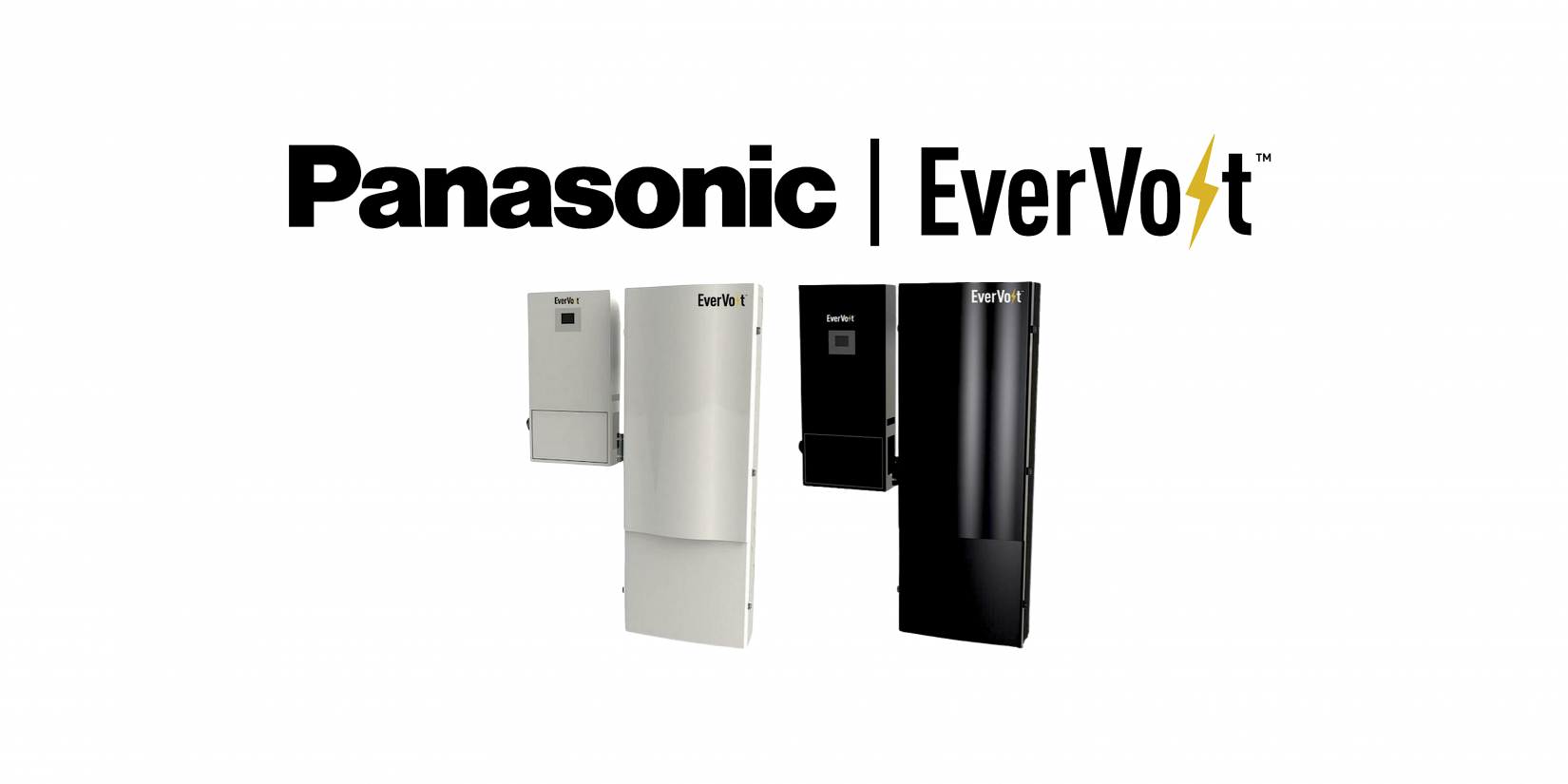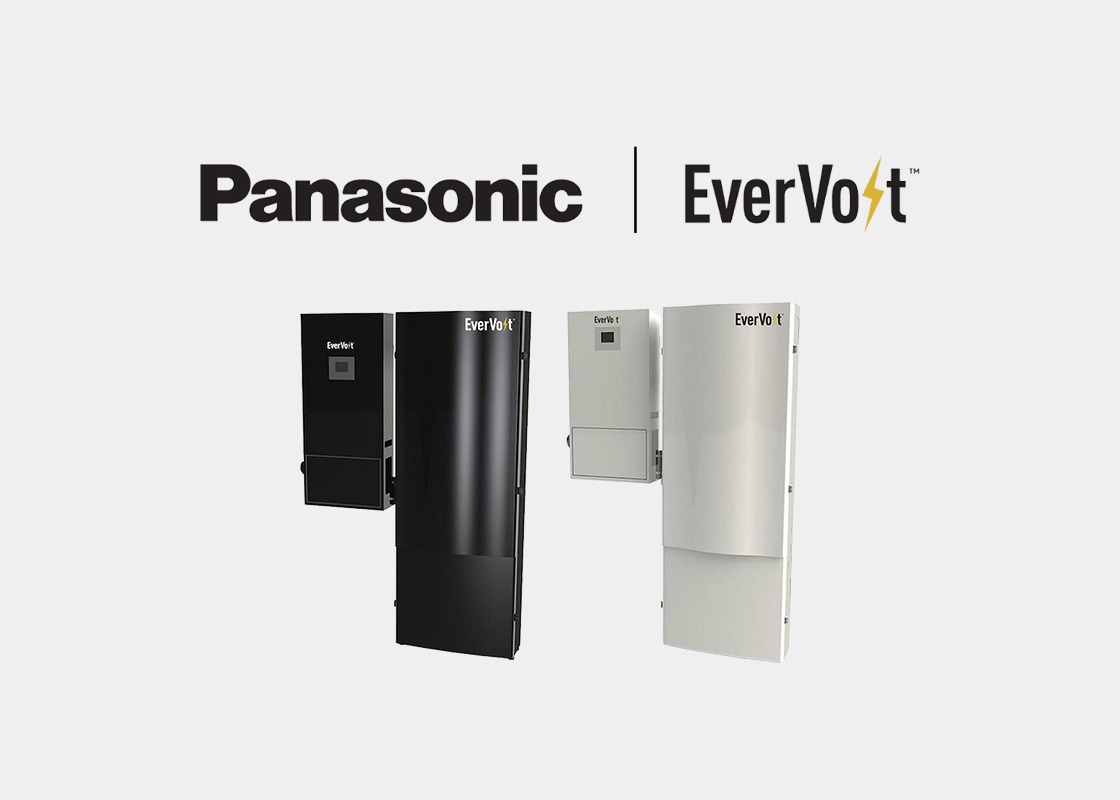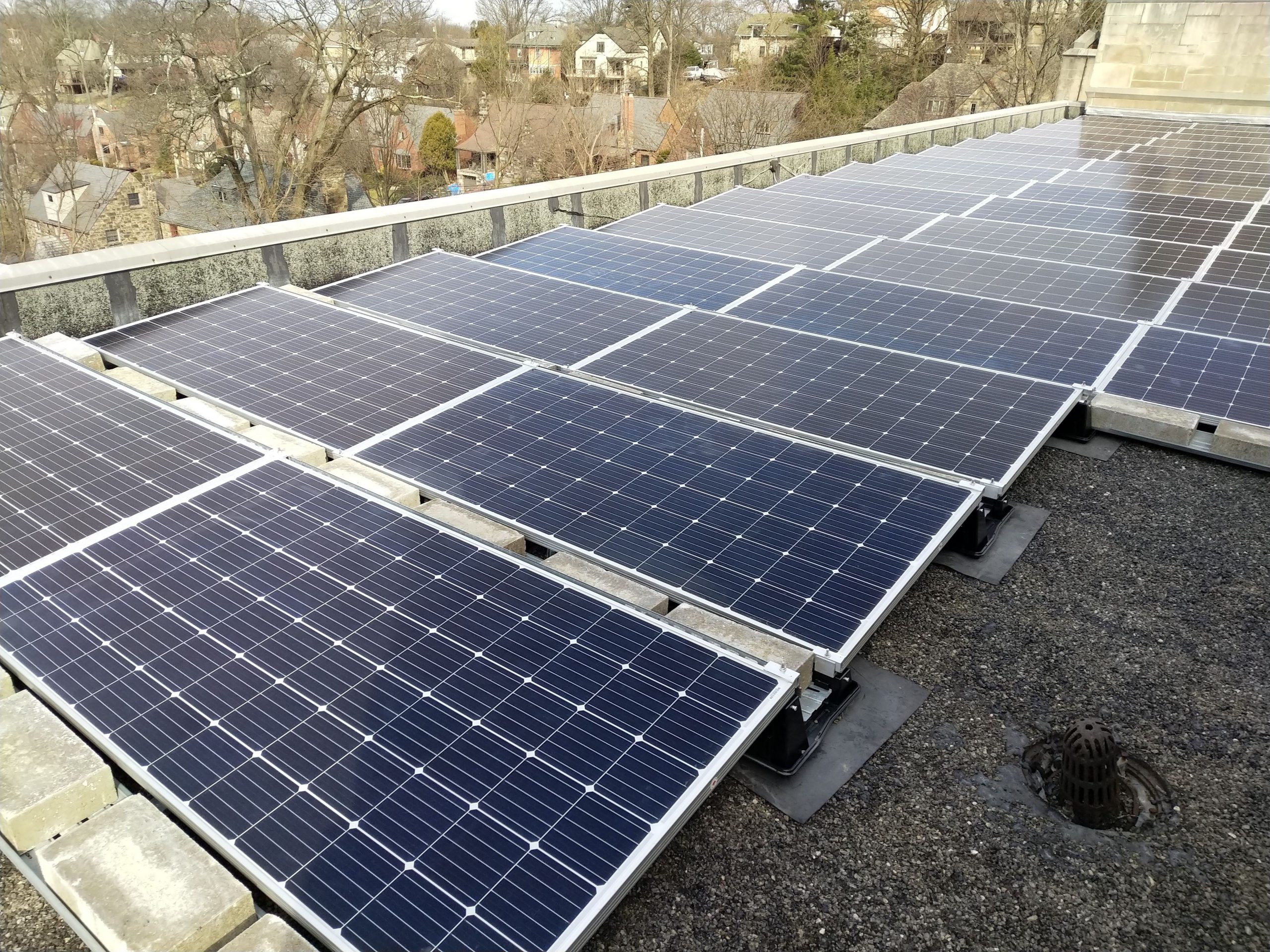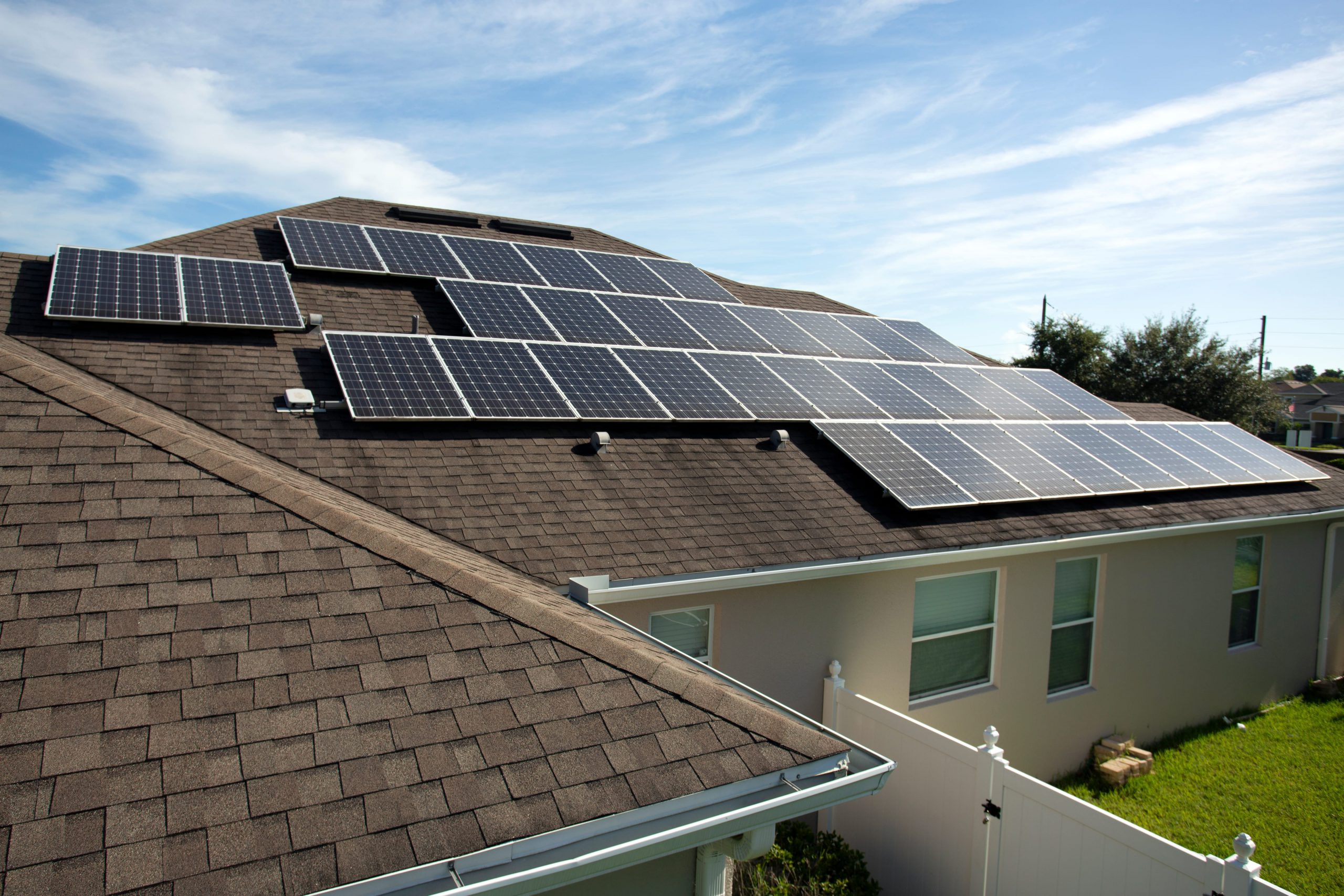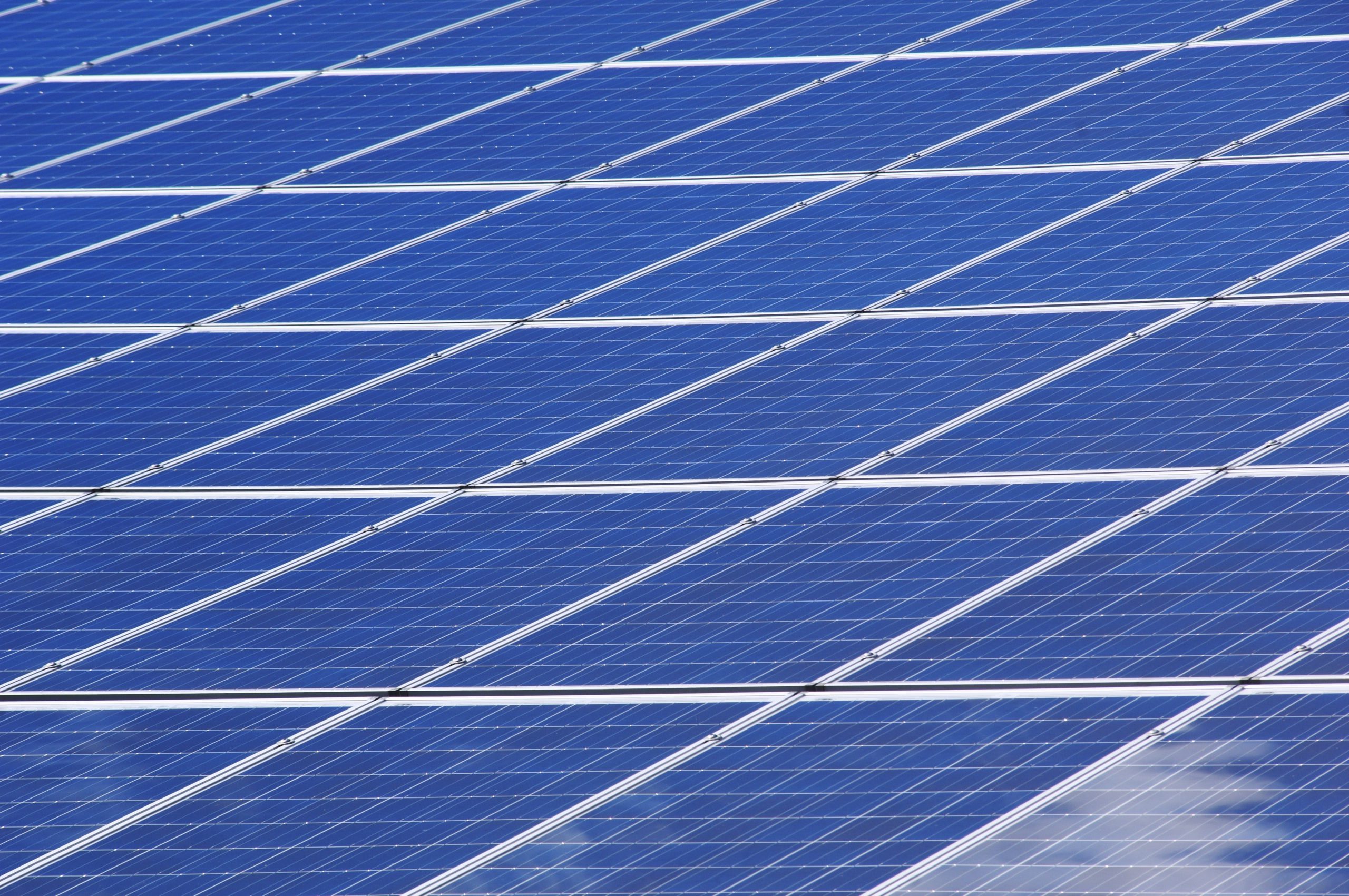If you’re looking to manage and secure your home’s energy consumption, battery storage is a great way to achieve that. It’s like having solar energy all the time, and it saves you money on your electricity bill.
At UMA Solar, we can work with you to develop a customized energy storage system to fit seamlessly into your home. Here are answers to many of the common questions we’ve received from consumers shopping for energy-storage solutions.
How Does Battery Storage Work?
During the day, your solar panels capture the sun’s energy and convert it to energy for you. At any point during the day, your excess electricity can be stored in the battery.
Instead of buying electricity from your utility company when you need power at night, you can use the extra energy your solar system produced and stored in the battery over the course of the day. If your battery is fully charged, any additional energy produced by your system is sent back to the grid to offset your electrical consumption.
When paired with a solar system, batteries can provide immediate energy storage and/or augment the grid’s power when needed. A battery’s instant energy storage will help provide the added energy needed to meet the demands of your home.
Who Benefits from Battery Storage?
In general, most consumers looking into solar energy storage are interested in battery backup for one of the following reasons:
- Their utility company does not offer net metering or has a time-of-use rate schedule
- They are located in an area where service from a power company can be slow after a hurricane, loss of power or state of emergency.
- They are located in a place where “off-grid” living is acceptable and grid connection is difficult or expensive
- They would like to offset more of their electrical consumption than their current allowed space for actual solar panels
- Would like a backup solution for power in a state of emergency with or without the assistance of a generator
How Many Batteries Does My Home Need?
Although many people ask about the number of batteries they should store, it is a personal choice and can vary depending on many factors. For instance, some people are interested in having a battery backup for emergencies only.
Battery storage is commonly used for residential solar systems, but it is also available for commercial applications. To get the most out of your system, your solar consultant will need to know your lifestyle and electric usage habits, as well as expectations for living during a loss of power.
Whole-Home Backup vs. Partial-Home Backup
Whole-Home Backup
If it is your goal to power everything in your service panel for your entire home, then you will need more than one battery for backup. This is because the system will back up all of your electric appliances and devices.
When discussing your backup goals with a solar consultant, it’s important he/she is on the same page, knowing exactly what you want from your battery storage. Not all batteries and inverters have the ability to power an entire home, and some are limited to the maximum amount that can be “stacked” (or wired together) for continuous power.
Partial-Home Backup
When it comes to partial-home backup, most of our customers choose to have this form of energy storage because it will provide their home with electricity in the event of a power outage.
It allows the battery to charge more slowly but will not power every breaker or load in your main service panel. Typically, this ensures the homeowner has lights, security system, fans, refrigeration and possibly a plug-in AC unit for comfort should their power go out.
How Long Will My Battery Last in the Event of an Outage?
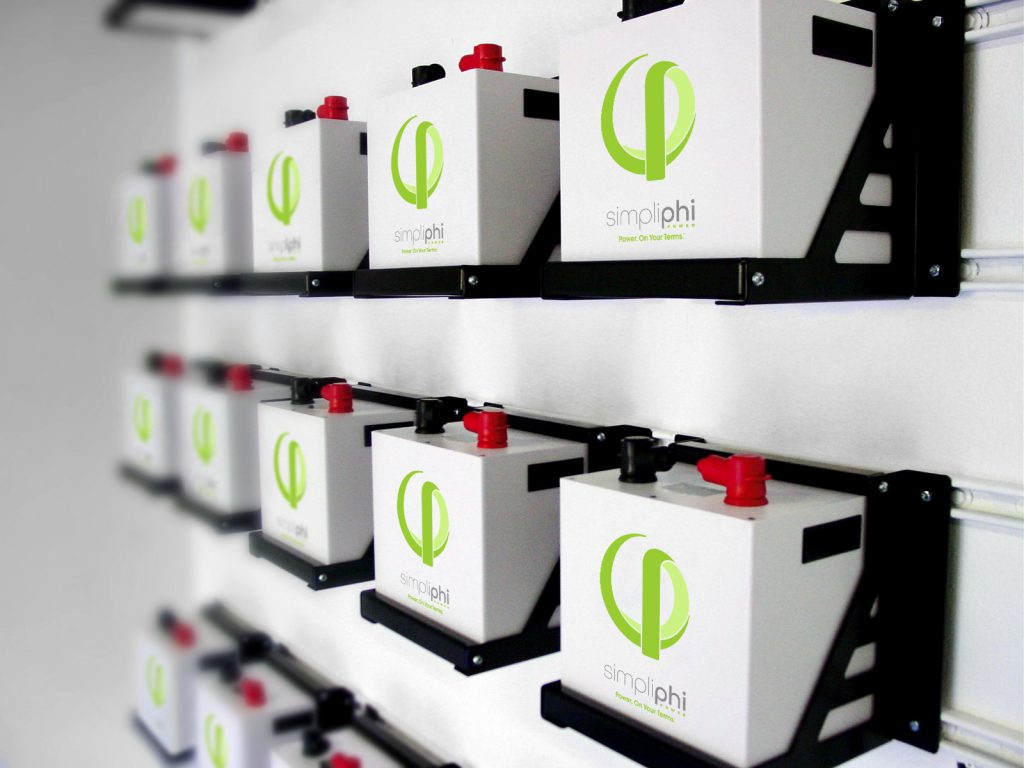
Do I Need Solar to Install Battery Storage?
Although solar is not required to have battery storage, you may not be eligible for federal tax credits if you purchase a system without solar. In the case of a power outage, a stored battery can’t recharge.
Will My Battery System Recharge at the Same Rate I Am Using It?
In most cases, people tend to believe that the battery storage rate depends on the solar system that their home uses. In reality, this is not the case. Some of the factors that affect the rate of charging are your home’s energy consumption and the orientation of solar panels.
Will My Battery Turn on Automatically if the Grid Goes Down?
A traditional grid-tie solar system works like this: when the grid is down, the solar and battery systems immediately take over and will charge up the system until it is back on or the batteries have been drained.
Most system start-up modes sense the grid is down and switch to the stored energy in your batteries so quickly, that you may not even know that your home lost power at all.
I Want to Go “Off the Grid.” Is That Possible?
Although it is technically possible to go off the grid, it is usually not an ideal idea and requires a bit of work to get done. Generally, people who want to go off the grid simply want to reduce their energy consumption and remain connected to the grid.
And in some states, if you have a home address, then it is by state law that you remain connected to the grid.
Next Steps
We hope some of this information has been helpful to you. Please feel free to reach out to us for the answers to any more questions you may have and we’ll connect you with a qualified, certified installation professional in your area.
Want More Information?
Let UMA Solar be your trusted advisor in how to get started with solar for your home today!
